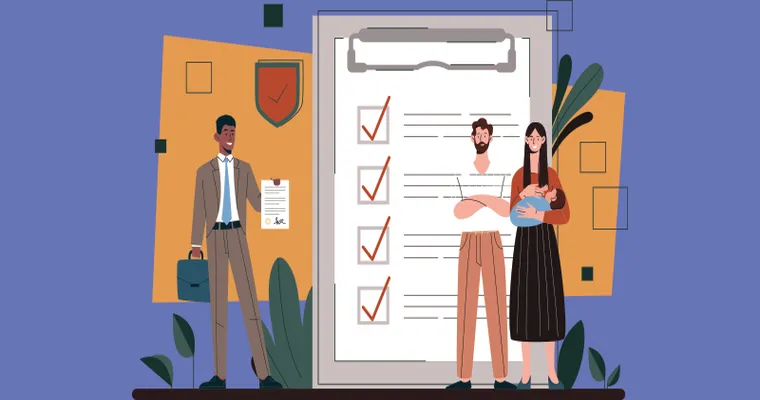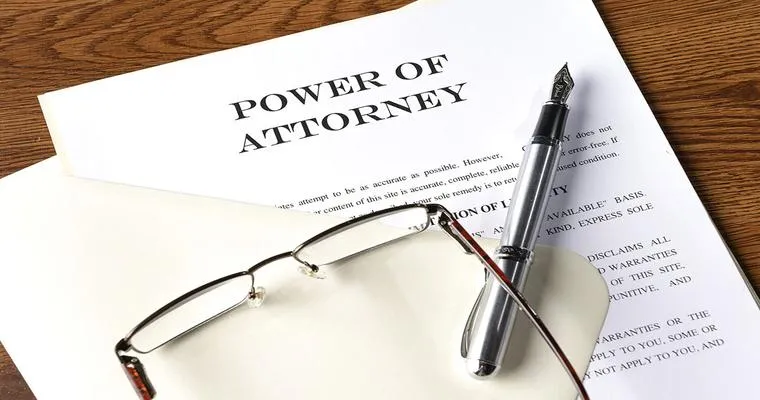When it comes to healthcare decisions, understanding the role of a "Power of Attorney (POA)" is crucial, especially when a loved one is unable to make decisions for themselves. In this case, if your "niece" has been granted a "POA" for your "mom", you may wonder whether doctors can withhold information from her regarding your mom's health. This article will clarify the responsibilities of a POA and the legal obligations of healthcare providers when it comes to sharing medical information.
A "Power of Attorney" is a legal document that allows an individual, the "agent", to make decisions on behalf of another person, the "principal". In this scenario, your niece serves as the agent for your mom, giving her the authority to make medical decisions when your mom cannot. However, this authority comes with specific responsibilities and limitations.
Healthcare providers are typically required to share medical information with the designated agent holding the "POA". The Health Insurance Portability and Accountability Act (HIPAA) ensures that patients' privacy is protected but also stipulates that healthcare providers must share medical records with authorized individuals. If your niece has a valid "POA" and it includes healthcare decision-making capabilities, doctors cannot legally withhold information from her.
However, there are instances where information might be withheld. For example, if the healthcare provider believes that sharing specific information could cause harm or distress to your mom, they may opt to limit what they disclose. Additionally, if there are any concerns regarding the validity of the "POA" or if it is not adequately documented, doctors may refrain from sharing information until those concerns are addressed.
It's essential for your niece to present the necessary documentation to the healthcare provider to ensure that she is recognized as the legal decision-maker. This may include a copy of the "POA" document and any additional paperwork that confirms her authority. Once established, she should have full access to your mom's medical information, enabling her to make informed decisions about her care.
In some cases, family dynamics can complicate the situation. If there are disputes among family members regarding the "POA" or the care of your mom, it is advisable to seek legal counsel. A lawyer specializing in elder law can provide guidance on how to navigate these complex situations and ensure that your mom's wishes are respected.
In conclusion, if your niece has a "POA" for your mom, doctors generally cannot withhold information from her, provided the "POA" is valid and includes healthcare decision-making powers. Understanding these legal rights and responsibilities is vital for ensuring that your mom receives the appropriate care and that her wishes are honored. Always consult with a legal professional if you have concerns about the "POA" or the sharing of medical information.





